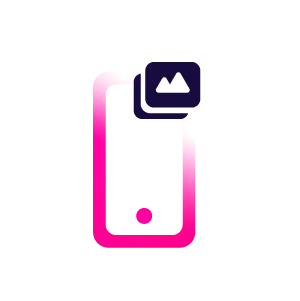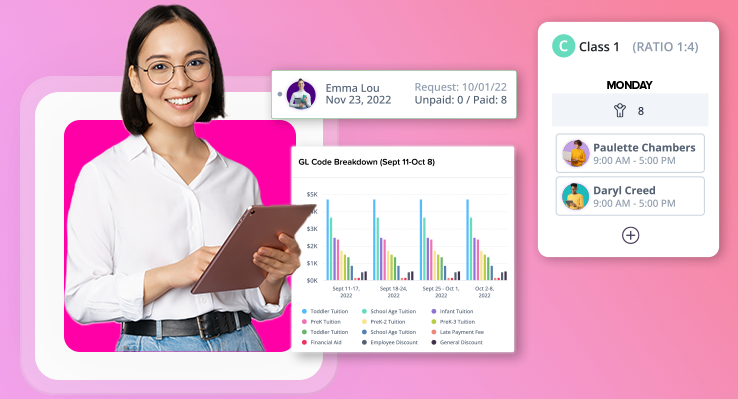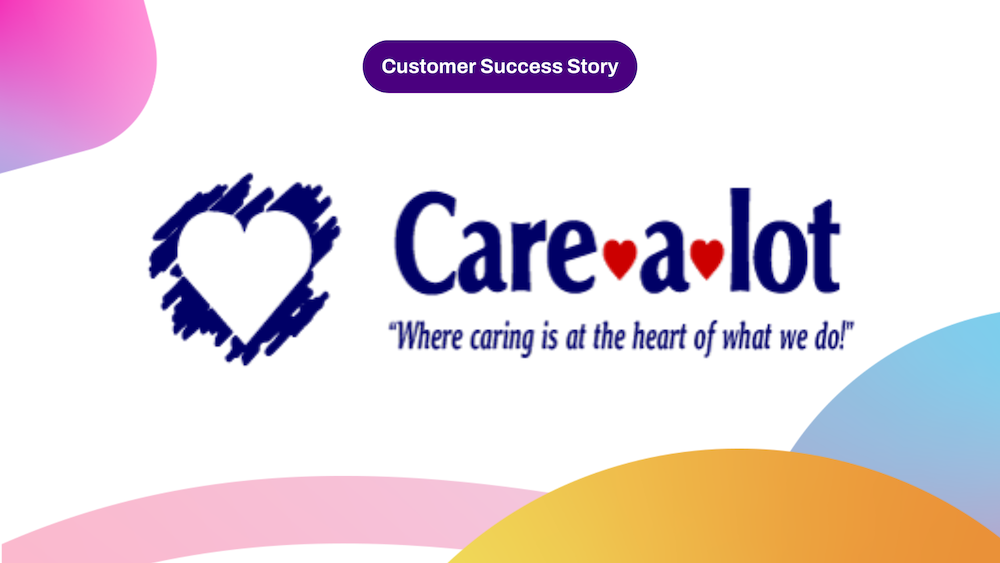Child Care staff handbooks are the blueprint for Early Learning Services or OSHC operations. By creating a staff handbook for your center, you can ensure that your employees are aware of your service values, beliefs, and expectations. Employee handbooks also offer a level of protection when situations arise as protocols are clearly outlined. Use your employee handbook as a guide to help staff members thrive and seamlessly integrate into your service.
Creating your employee handbook can be overwhelming if you aren’t sure what information to include. Based on your state and the size of your service, your staff handbook will have different requirements. It’s important to include as much information as possible so that both you and your staff members have a frame of reference. In this post, we’ll outline the importance of your employee handbook and suggest what to include.
The Importance of Employee Handbooks
An employee handbook outlines your center or company's mission, policies and procedures your staff are expected to understand and follow. This can also be used as an employee manual support tool to help with staff onboarding and training.
Think of your handbook as a roadmap when it comes to operating your service.
When situations arise at your early learning of OSHC service, you’ll be able to reference your handbook for guidance on handling the situation. Your employee handbook will clearly outline the company rules at your service along with the expectations and responsibilities of your staff. This ensures all staff are on the same page, helps avoid conflict, and creates a unified company culture.
What to Include in Your Employee Handbook
Your employee handbook should cover the ins and outs of working at your service. This will include job descriptions, dress code requirements, time-off procedures, conduct policies, and more.
You can get ideas from employee handbook examples you can find online, or even use an employee handbook template where you just need to fill in your service's information. However, keep in mind that it's important to create your own employee handbook using your service's voice.
Introduction
The introduction to your handbook will provide a high-level overview of your service. Include a welcome letter to your staff, the history of your service, and your company values such as your service mission and vision. This will clearly outline your service’s brand and values, setting the tone for future expectations.
Requirements
To begin you'll want to make sure you're familiar with relevant employment relations and health and safety legislation, as well as legal obligations. This will help you understand what you need to offer in terms of leave, sick leave, employee health and safety guidelines, etc. You should also look into what your state licensing regulations require in regard to a handbook. Some have specific requirements but others do not.
Job Description and Details
Next, outline the various job descriptions and responsibilities of various positions at your service, including non-exempt employees if you have any. Be sure to include and inform employees with standard information like offered employee benefits, time- off, company holidays, number of sick days, etc.
Policies
Your policies and service operating information will take up a large portion of your handbook as they outline protocol and set your expectations for employee behavior and code of conduct. Be sure to include the following employment policies in your handbook:
- Phone usage
- Drugs and alcohol
- Absenteeism and tardiness
- Grievance
- Time-off requests
- Non-discrimination
- Sexual harassment
- Payroll
- Dress code
Service Operating Information
Your service operation and company policies include the day-to-day functions of your service. Be sure to include the following information so all staff and parents understand your service protocol:
- Outline of your services spaces
- Pick-up and drop-off policy
- Software used (If your service uses a software program like Kangarootime, outline the software features, how the software should be used, and any training staff is expected to take)
- Curriculum information
- Nappy and toileting policy
- Closing procedures
- Parent communication guidelines
- Sick child policy
- Suspected abuse information
- Social media/photography policies
- Classroom management (cleaning, safety, etc.)
When in doubt, always reference ACECQA.
Orientation and Training Information
When new employees join your service, make sure they're aware of how they'll be onboarded. Include any orientation or training information in your handbook. Whether they'll use training materials, shadow an educator, or have a mentor, make sure they're fully aware of these procedures.
Emergency procedures
If your service is closing due to inclement weather, experiencing a medical emergency or a fire outbreak, etc., make sure a plan is in place. Outline your emergency procedures for your service or company property in your handbook to help ensure the safety of both your staff and the children in your care.
Contact Information
Include your service's contact information along with who staff should contact if they have questions or concerns regarding the handbook. You can also use this section to collect your staff member's contact information.
Signature page
Finally, have you and your staff members sign your handbook as a sign that you both have read it and agree to the terms.
Kangarootime is the smartest all in one management platform for Early Childhood Education and OSHC Services. It brings automation to the sector and provides professionals with the tools to scale their rooms, digitise their businesses and seamlessly communicate with their families and teams. To learn more visit www.kangarootime.com.au













